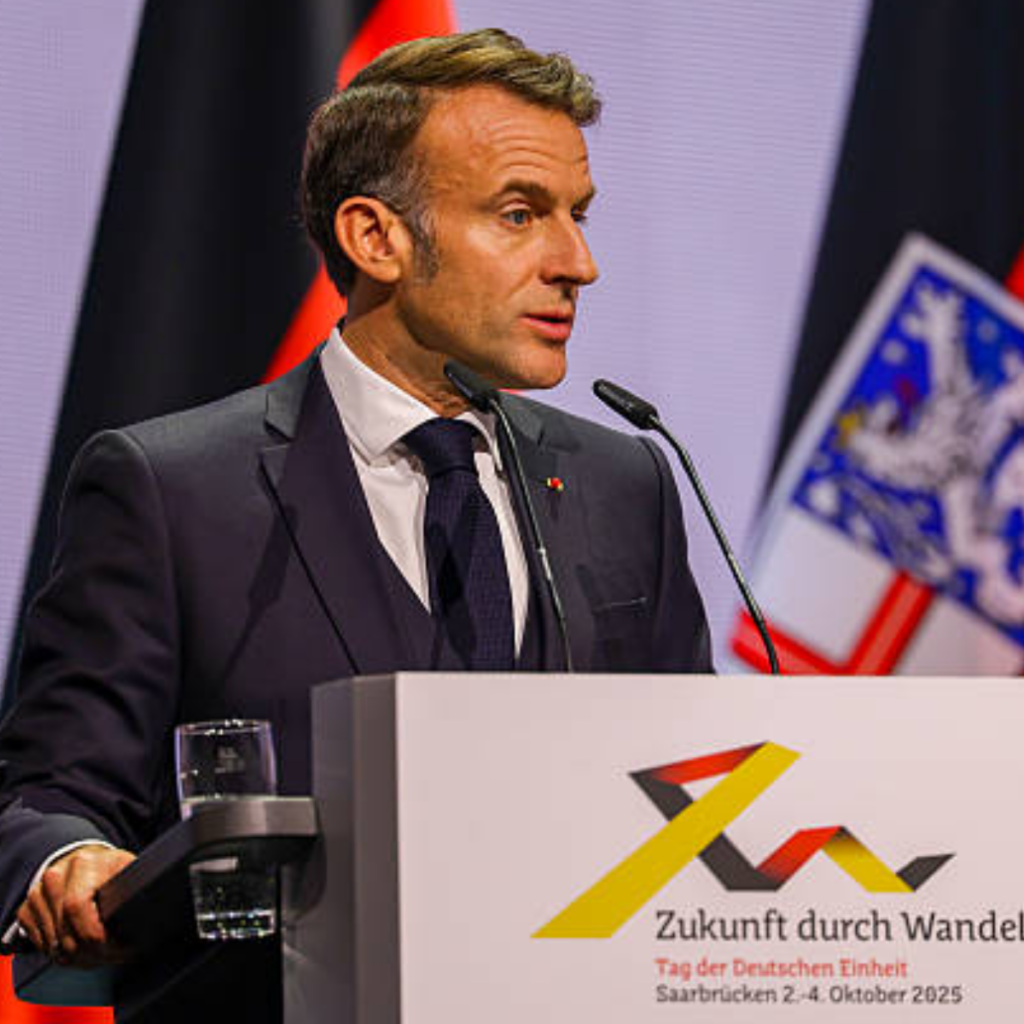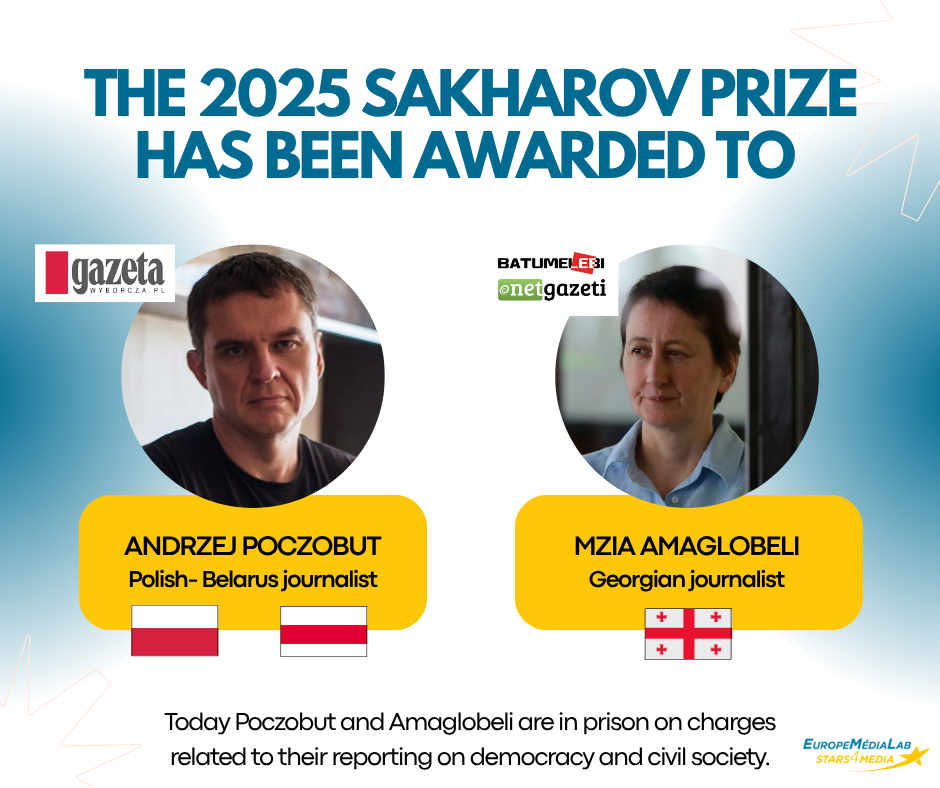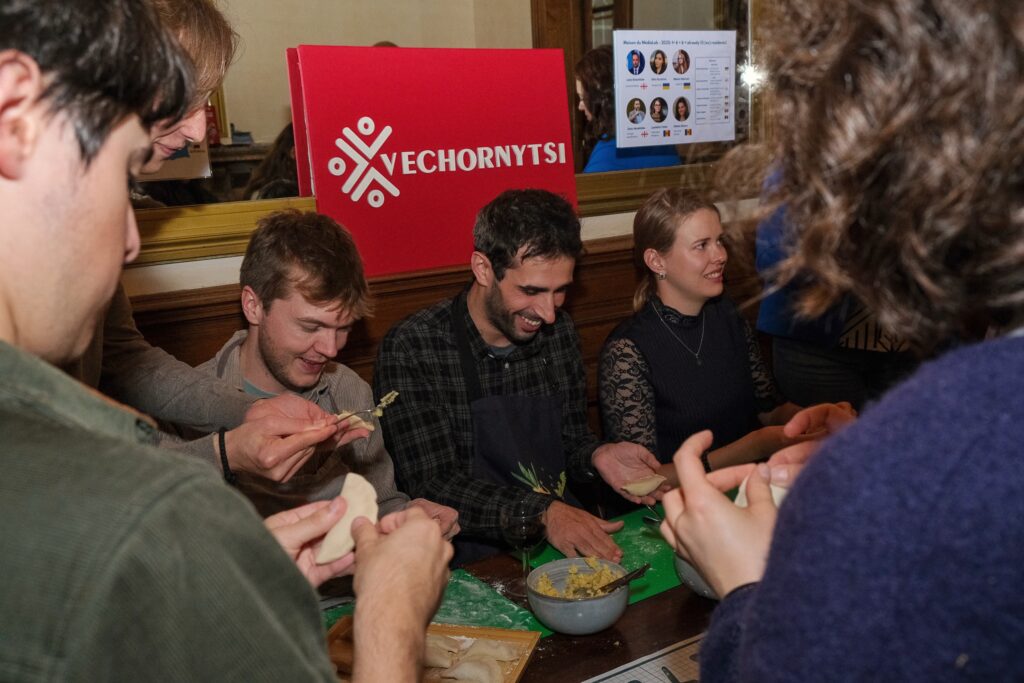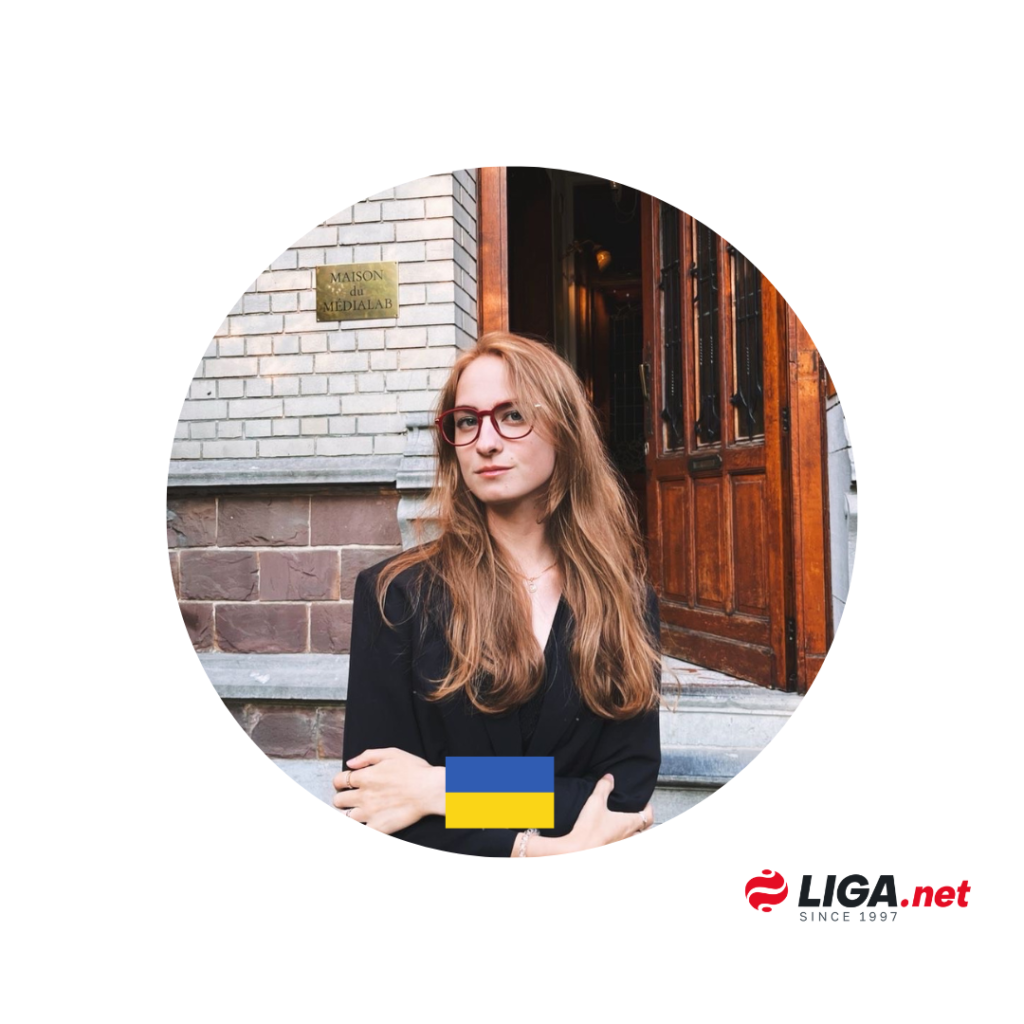We are pleased to share Europe MédiaLab’s October highlights. First, a brief update of our advocacy for Trusted European Platforms (TEPs). Second, key takeaways from the growing momentum around Digital European Sovereignty. Third, a note on the awarding of the Sakharov Prize. Finally, some figures on the first wave of Maison du MédiaLab residents, along with a cultural event organised by the Ukrainian Cultural Space and the Journalists Updates.
Europe Digital Sovereignty: from regulation to fostering competition
Momentum is building around the Trusted European Platforms (TEPs) proposal, which is advancing within the framework of the EU’s Democracy Shield initiative. The communication should be published on the 12th November by the EU Commission.
Several key Commission cabinets and DG JUST as well as DG CONNECT seem to be supportive. The proposal aims to reinforce Europe’s democratic infrastructure through ‘soft law’ measures. This goes beyond legislative enforcement and EU subsidies: encourage social media ventures in Europe, and their interoperability.
Europe MédiaLab has been actively engaging with EU institutions, media representatives, and industry stakeholders to stress that Europe must lead in shaping open, competitive, and democratic online spaces capable of safeguarding public discourse and electoral integrity.
National momentum is also growing in the capitals. On 3 October, during the celebrations of German Unity Day in Saarbrücken, President Emmanuel Macron warned that Europe had been “incredibly naive” in allowing its democratic space to be dominated by social media platforms owned by American or Chinese companies. Numerous good projects are planned for data centres/cloud, satellites, and AI. However, there is a risk that it will focus only on hardware and software, while overlooking the infrastructure of democracy itself: social media platforms.

In this context, a Franco-German summit on European Digital Sovereignty is organised in Berlin on November 18th. Europe MediaLab will be present in Berlin for this occasion and for several parallel events.. Christophe Leclercq will be a panellist at the Eurosky stakeholders conference on Nov 19th (among others: experts, MEPs, etc), to detail the TEP’s proposal and its opportunities.
Private Sector & Stakeholders: ready to seize the opportunities
Friends of Europe Europe matters: now or never event
On October 16th, Friends of Europe held its annual “State of Europe” event, a gathering that brings together leaders from politics, business, and civil society to discuss Europe’s future. In its 22nd edition, discussions covered a wide range of topics, from the war in Ukraine and its implications for European security, to the race to regulate Artificial Intelligence, and the reforms needed to keep Europe’s economy competitive. In this year marking the centenary of Jacques Delors’ birth, Europe’s future feels more critical than ever.
Ukraine’s Independence Day
Europe’s democracy needs more than rules: It needs Trusted European Platforms
On October 15th-16th, the Open Markets Institute and ARTICLE 19 convened a high-level two-day conference of leading thinkers, lawmakers and technologists, to discuss the direct and growing threats to democracies and basic liberties posed by today’s dominant online platforms, the rise of AI, and interference by foreign states. The debate underscored that defending democracy requires more than regulating dominant players: it means building our own.

Impact on the ground journalists: Maison du MédiaLab first wave correspondents’ figures
For many Eastern Europeans, the EU and NATO represent essential hopes, yet coverage “on the ground” in Brussels remains limited. The Maison du MediaLab programme helps in strengthening their presence in Brussels. From December 2024 to June 2025, six new correspondents from Ukraine, Moldova and Georgia started covering EU and NATO-related affairs. Four of the six journalists are still in Brussels to continue their coverage from the heart of EU decision-making. You can find on the left the number of articles published by our residents.
Andrzej Poczobut and Mzia Amaglobeli awarded the 2025 Sakharov Prize
On October 22nd, the European Parliament attributed the 2025 Sakharov Prize to two journalists: Andrzej Poczobut and Mzia Amaglobeli. Both are in prison on charges related to their reporting on democracy and civil society. This prize is one of the EU’s highest human rights honours and stands as a powerful symbol of solidarity with those who dare to speak truth to power.
🗞 Andrzej Poczobut, correspondent for Gazeta Wyborcza until he was imprisoned. He is currently serving an eight-year sentence in Belarus for “harming national security”.
🗞 Mzia Amaglobeli, founder of Batumelebi and Netgazeti, two Georgian independent media, is serving a two-year prison sentence widely condemned as a politically motivated attack on press freedom.
A strong example of the fast deteriorating situation for journalists in Georgia! Stay tuned for Georgia independent media’s events in November at Maison (by invitation only) and Europe Média Lab attending the award ceremony on 5 December in Strasbourg.


Ukrainian Varenyky under journalists’ lens
On 30 October, the Ukrainian Cultural Space hosted a cultural gathering at “Maison du MédiaLab”. Together with the residents, the latest Eastern European correspondents here in Brussels, we prepared varenyky, Ukrainian traditional dumplings. This guided masterclass is part of a series of cultural evenings organised by the Ukrainian Cultural Space, designed to foster exchange and connection through shared experiences about Ukrainian culture.
Journalists’ updates (Current residents only, while alumni do continue coverage)
Olha Kyrylova
Telegraf (Ukraine)

This month, Olha Kyrylova reported on the new peace plan and the 2026 funding package that Europe is preparing for Ukraine. She also covered the latest EU sanctions imposed on Russia and shared new details provided by Denmark regarding Ukraine’s EU accession talks.
In addition, she interviewed Margus Tsahkna, Estonia’s Minister of Foreign Affairs, about relations between Russia and Hungary, as well as Baiba Braže, Latvia’s Minister of Foreign Affairs, on Europe’s roadmap to peace.
Luminita Toma
Teleradio Moldova (Moldova)

In October, Luminița Toma reported on the European Council’s praise for Moldova’s progress in its EU accession process, covering the visit of Moldova’s Prime Minister, Mihai Popșoi, to the Cross-Regional Security and Connectivity Ministerial Meeting held on 20 October 2025 in Luxembourg.
She also reported on the new package of sanctions imposed on Russia and the EU Council’s ongoing discussions regarding a potential ban on Russian gas imports by 2028.





